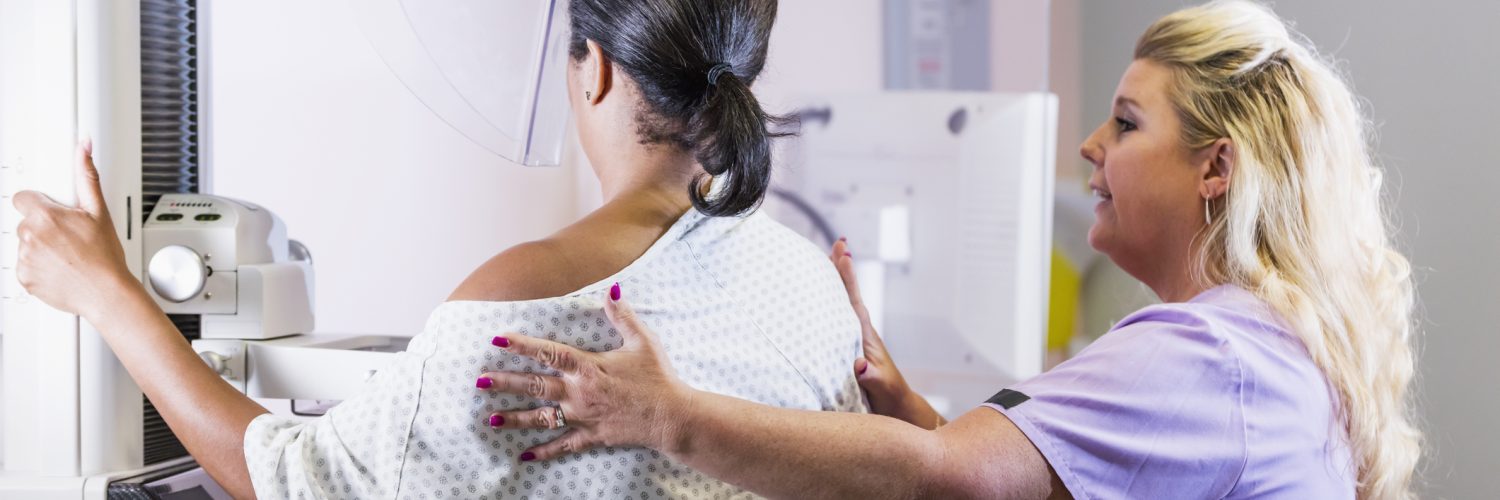Each year in the United States, about 255,000 women are diagnosed with breast cancer and 42,000 women die from the disease. It is the second most common cancer in women, behind skin cancer. While women get breast cancer much more frequently than men do, about one in every 100 breast cancer diagnoses in the U.S. is found in a man. Many factors can increase your risk of breast cancer—some that you cannot change, and others that you can.
Risk factors that are out of your control
- Genetic mutations. There are several genetic mutations that can put you at high risk for breast cancer. The most commonly known are BRCA1 and BRCA2. One you may not know about is CDH1.
- Getting older. The risk for breast cancer increases as you age
- Periods starting before 12 and menopause beginning after 55
- Having dense breasts
- Family history of breast or ovarian cancer
- Personal history of breast cancer or certain non-cancerous breast diseases
Risk factors that you can control
- Not being physically active
- Being overweight or obese, specifically after menopause
- Taking hormones
- Reproductive history
- Drinking alcohol
- Smoking
Talk to your doctor about your risks and what you can do to manage them. A mammogram is the most common type of breast cancer screening, but your doctor may recommend other tests such as an ultrasound or MRI, depending on your risk level and the type of breast cancer you may be susceptible to. Early detection is key to successful treatment and long-term survival.
Making healthy lifestyle changes may help reduce some of your risk. For example, maintaining a healthy weight, exercising regularly, and eating nutritious foods such as fruits and vegetables, whole grains and lean proteins can help reduce your risk. Additionally, limiting alcohol and quitting tobacco significantly decreases your risk of developing many types of cancer.
For more information about breast cancer and what you can do to manage your risk, visit National Cancer Institute and American Cancer Society.
If you or someone you know has or had breast cancer, and is struggling this month, you may find this blog post helpful.



